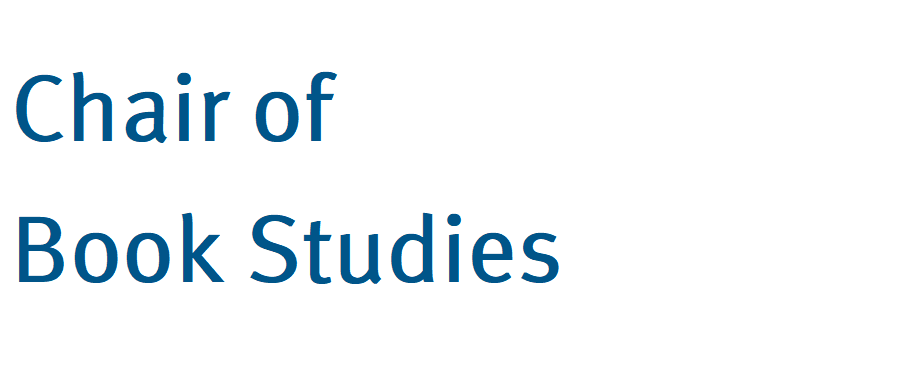

Dr Louisa Preston’s research project (2021-2022) explores artists’ book fairs in the UK and the networks of production, consumption and dissemination associated with them. A recently burgeoning body of literature has focussed on large-scale, often international literary festivals and book fairs. This project brings attention to the relatively under-researched area of artists’ book fairs, alternative small press publishing activity, and events associated with artist-publishers, book artists, and artists’ books.
Increasing in number in recent years, artists’ book fairs have differing aims to those of the heavily conglomerated trade publishing industry. Publications produced by artists, small presses and galleries also have particular functions and purposes beyond their materiality which are distinctive to their counterparts in the literary field. Together these activities and events expand ideas and concepts of publishing and the book-as-object within book studies.
This project aims to investigate the modes, functions and agendas at play in the networks of production, consumption and dissemination, that artists’ book fairs, artists’ books and publishing in the contemporary arts reveals, and compare/relate these to their counterparts in the literary network. In developing the artists’ book fair, the research asks what is at stake in terms of potential activism relating to under-represented groups and a positioning of artist practice and book arts/publishing in the field to the mainstream book publishing industry.
Taking an autoethnographic approach, as an artist-publisher/researcher, Louisa Preston will develop and utilise her nascent illustration practice (see @louisapreston_scribo on Instagram) to produce aesthetic and experiential understanding of the artists’ book fair which is reflected on and analysed as part of written research outputs. In doing so the research also aims to develop an understanding of the modes of visual representations and illustration employed in both the content and communications of publications (virtual and physical) and as a research tool for thinking through ideas and developing understanding in new and insightful ways.
This research has been supported by the WiRe - Women in Research Fellowship.


